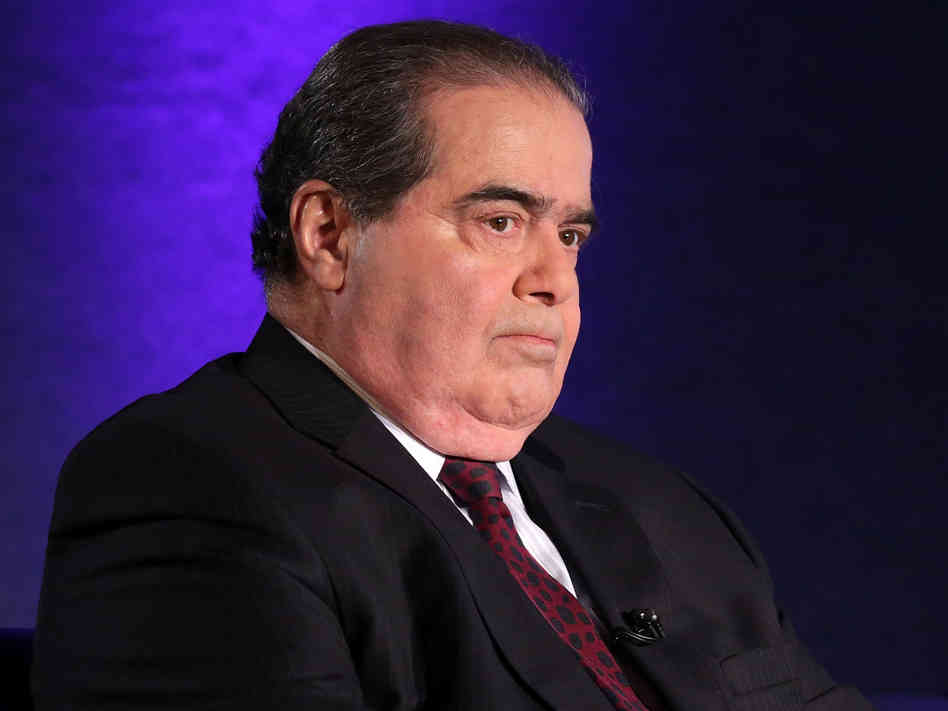
‘Hurt Russia by helping Ukraine’
May 1, 2014
Nino’s No-No: Justice Scalia Flubs Dissent In Pollution Case
May 1, 2014The European Parliament has a duty to scrutinize the EU’s foreign policy and oversee the budget of its Common Foreign and Security Policy. The Lisbon Treaty increased the parliament’s powers and upgraded its responsibilities in the areas of foreign, security, and defense policy. Today, it would be unthinkable for the EU to undertake an overseas mission without parliamentary support.
Members of the European Parliament should hold EU foreign policy officials to account, especially the high representative but also the European commissioners for enlargement, humanitarian aid, and development. Yet the parliament must also do more to engage with other institutional actors and compel them to consult it. That applies to all activities and projects within the EU’s external relations remit as well as within all other policies with foreign policy implications. In areas such as international trade, energy, or industrial policy, for instance, the parliament must demand proper coordination, consistency, and coherence.
The parliament is already engaged in multiple areas and issues that are high on the union’s foreign affairs agenda. On Iran, the parliament pushed for the EU to use dialogue with the country’s new leadership as an opportunity to break new ground not only on the nuclear dossier but also on human rights and regional security. On Ukraine and Russia, the parliament was at the forefront of the EU’s visibility, with senior parliamentarians traveling to Kiev, calling for targeted sanctions, and providing institutional support for Ukraine.
The parliament has shown that it can speak up and urge EU member states and institutions to act when they drag their feet. In doing so, the parliament has scrutinized the union’s foreign policy in an increasingly useful way.
